The final draft nitrates derogation decision negotiated between the Netherlands and the European Commission shows that Dutch derogation farmers will face tighter slurry spreading rules as its derogation is phased out.
A derogation is set to be granted to Dutch farmers until December 2025, but on the condition that the maximum organic nitrogen permitted will be stepped down each year between now and then.
The draft plan shows that 2022 will be the final year that derogation farmers in the Netherlands will be permitted to reach the 250kg N/ha granted to Ireland as the limit falls.
Those farming in areas identified as “polluted” by nitrogen or phosphorous will face a quicker climb down from 250kg N/ha.
After the expiration of the Netherlands’ derogation, a maximum organic nitrogen rate of 170kg/ha will apply to all farms without exception, leaving the country without any concession from a non-derogation scenario.
New rules
An automated system for “real-time accountability” on the transport of manure and slurry must be in place by next year, while an electronic fertiliser register is to be operational by 2024 under the new conditions.
Increased inspections are required in areas deemed to have a “higher risk of deliberate non-compliance” with nutrient management rules.
Other obligations include farmers on some soils having to dilute slurry with water on a 2:1 basis and not being permitted to spread slurry with a dribble bar when temperatures exceed 20°C.
These measures also aim to assistthe Dutch farming sector to reduce the loss of nitrogen to the air as ammonia.
Ammonia reduction plans triggered nationwide protests across Holland this summer, with many farmers fearing that stock cuts are on the way.



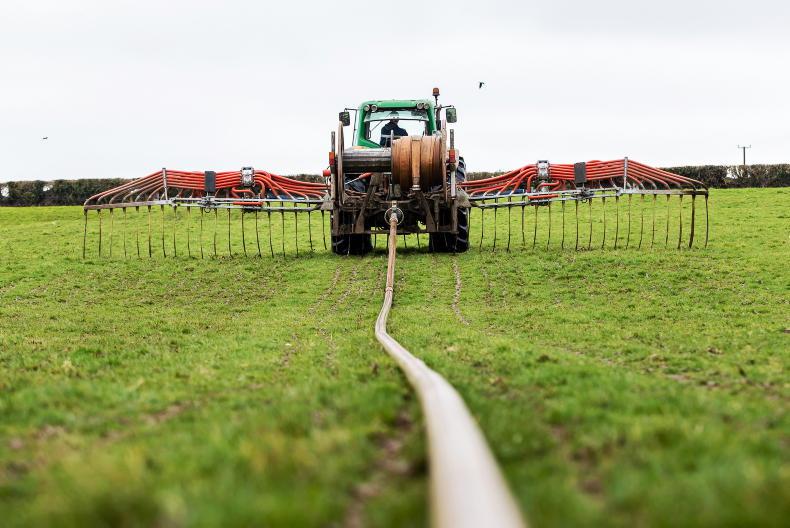
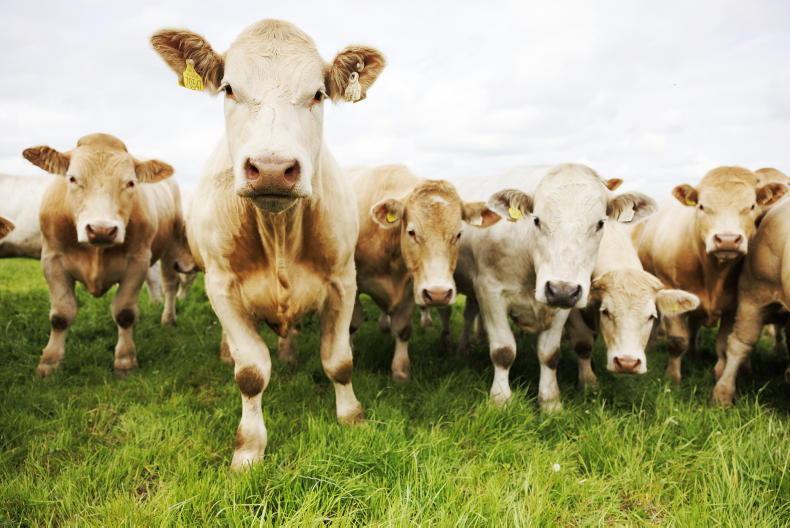

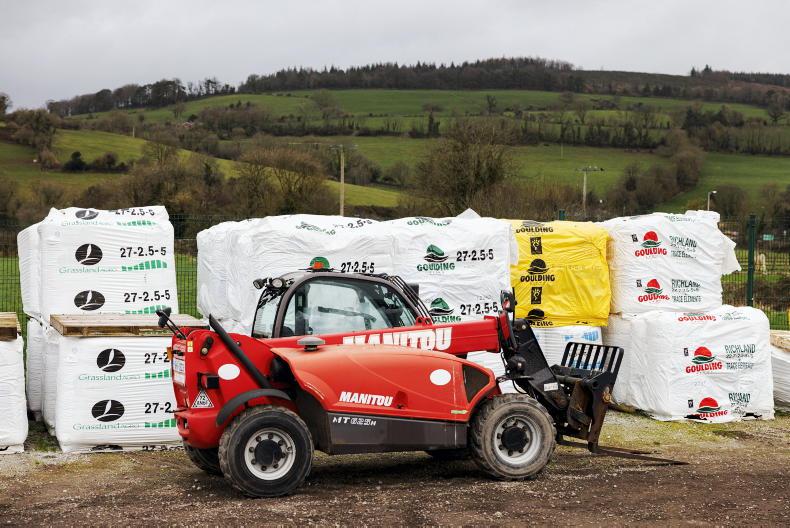
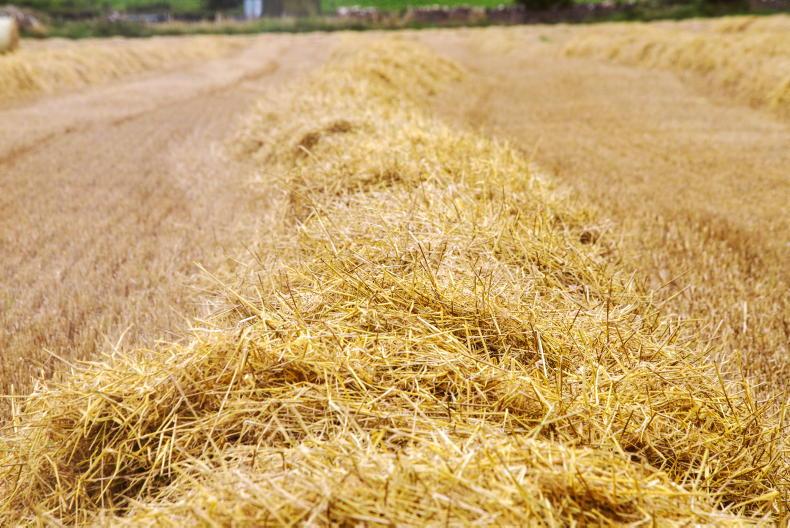
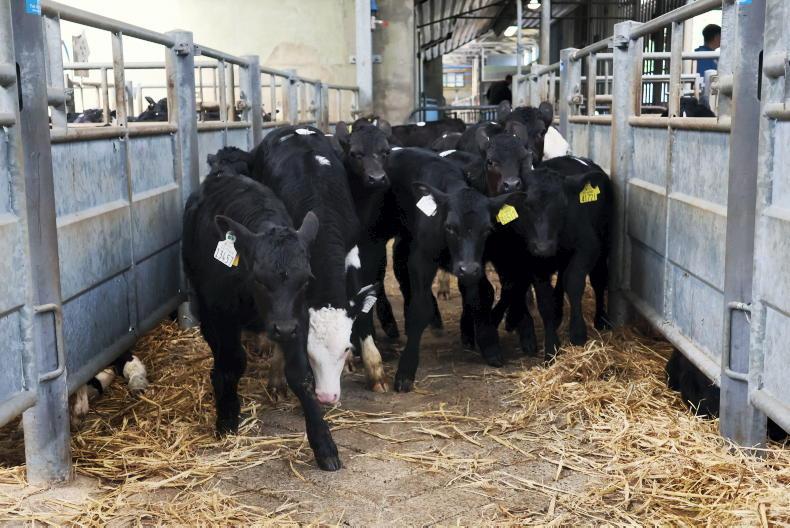
SHARING OPTIONS